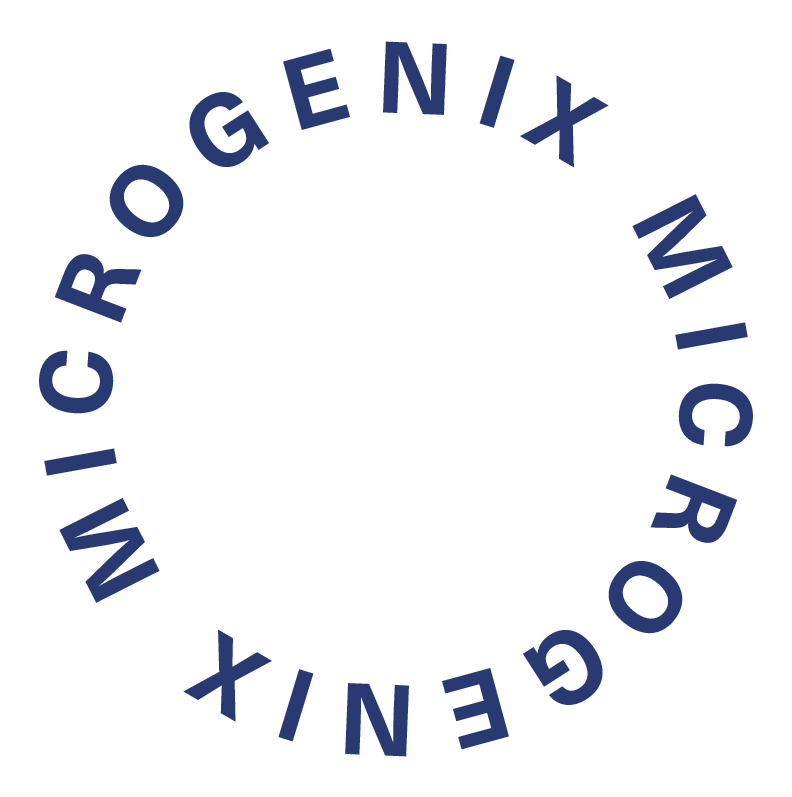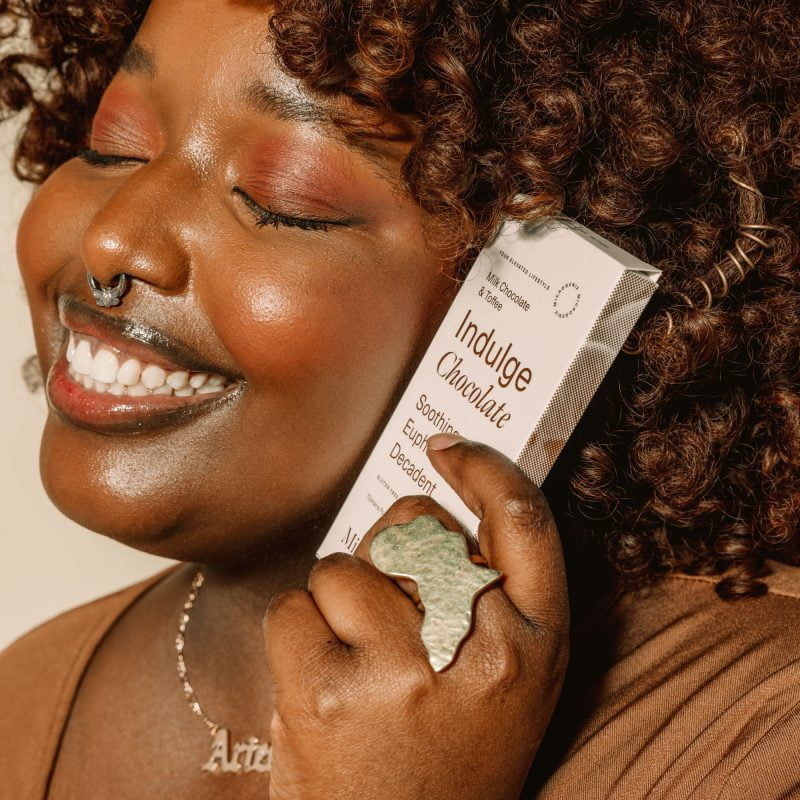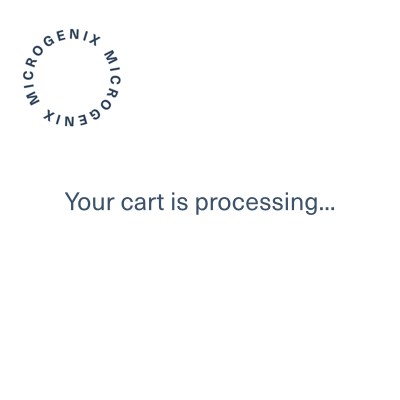In recent years, we have witnessed significant victories in the realm of plant medicine, particularly regarding the therapeutic potential of mushrooms. However, a game changing development in the field of mental health and entheogenic medicine may be upon us, hinting at an extraordinary leap forward that surpasses anything we have witnessed thus far.
Australia has officially become one of the first countries to solidify the legalization of psychedelics for the treatment of certain mental health conditions, including MDMA and magic mushrooms.
With scientists and healthcare professionals acknowledging the therapeutic benefits of these substances on various accounts, many individuals have approached Australia’s decision with excitement and praise.
Depression and PTSD (post-traumatic stress disorder) seem to be the primary targets in this advancement, as the newly-legalized substances have shown notable success in the treatment of these specific disorders.
Upon the implementation of these new regulations, which came into effect on July 1st, qualified psychiatrists are now authorized to prescribe MDMA for patients with PTSD, and psilocybin for individuals experiencing treatment-resistant depression.
Though this may be a huge victory for a community such as ours, the new regulations do not come without a sum of critics also. The swiftness with which the law was enacted has raised concerns among the skeptical, suggesting that the decision to legalize these substances for therapeutic purposes may have been made too hastily.
Though skepticism is valid in a radical movement like this, it’s worth noting that the decision to reclassify the legal status of these substances was made on the basis of substantial findings. These findings indicate that the administration of both MDMA and psilocybin can be a safe and therapeutic process under medically-controlled environments.
The findings uncovered by The Therapeutic Goods Administration of Australia has instilled hope and optimism among supporters of the substances, who believe this method of mental health treatment will offer a new lease on life to individuals who have been unresponsive to other traditional forms of mental health treatment.
Between 2021 and 2022, approximately 18% of the Australian population received prescriptions for mental health-related medications. In 2022, it was reported that one in every seven adults in Australia were taking antidepressants. Furthermore, of all prescriptions that could be prescribed in Australia, Zoloft, a leading antidepressant, maintained a steady position in the top 10 medications prescribed to the country’s population last year.
There is an expressed hope for the acceptance and availability of new psychotherapy approaches that utilize natural substances like psilocybin, which can provide enduring mental health benefits with presumably fewer side effects than common SSRIs. In exploring the therapeutic benefits of psilocybin, it’s been shown that one session of the psilocybin-assisted therapy produces long-lasting results, with patients reporting mitigated depression symptoms up to 12 months post-treatment.
The lack of options that exist currently for those suffering from conditions like PTSD and treatment-resistant depression is simply unjust, and frankly, we can only applaud Australia for putting their best foot forward. With care and caution, it is treatments like these that may bring mental illness rates down for the first time since the global pandemic.
Sources:
https://www.nps.org.au/australian-prescriber/articles/top-10-drugs-2020-21
https://www.aihw.gov.au/mental-health/topic-areas/mental-health-prescriptions
https://www.ncbi.nlm.nih.gov/pmc/articles/PMC8864328/




